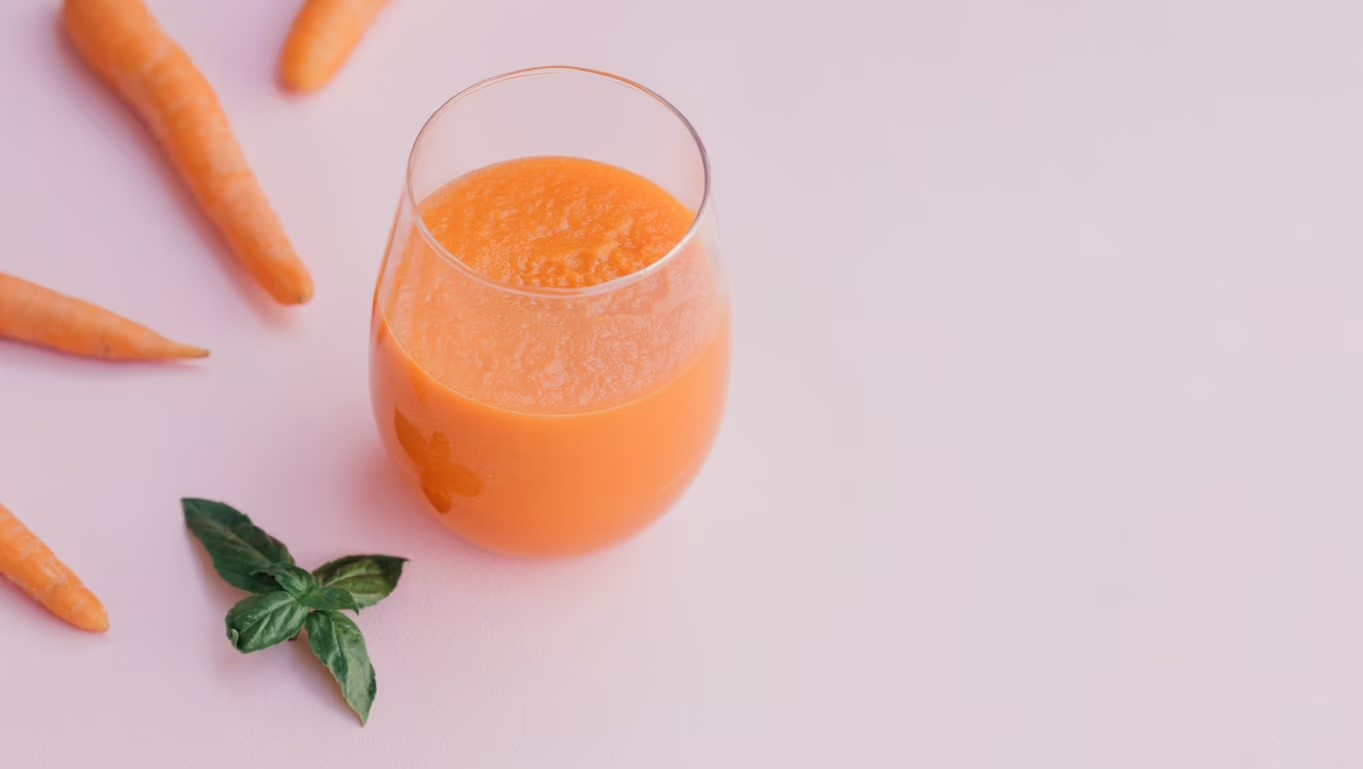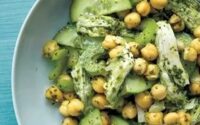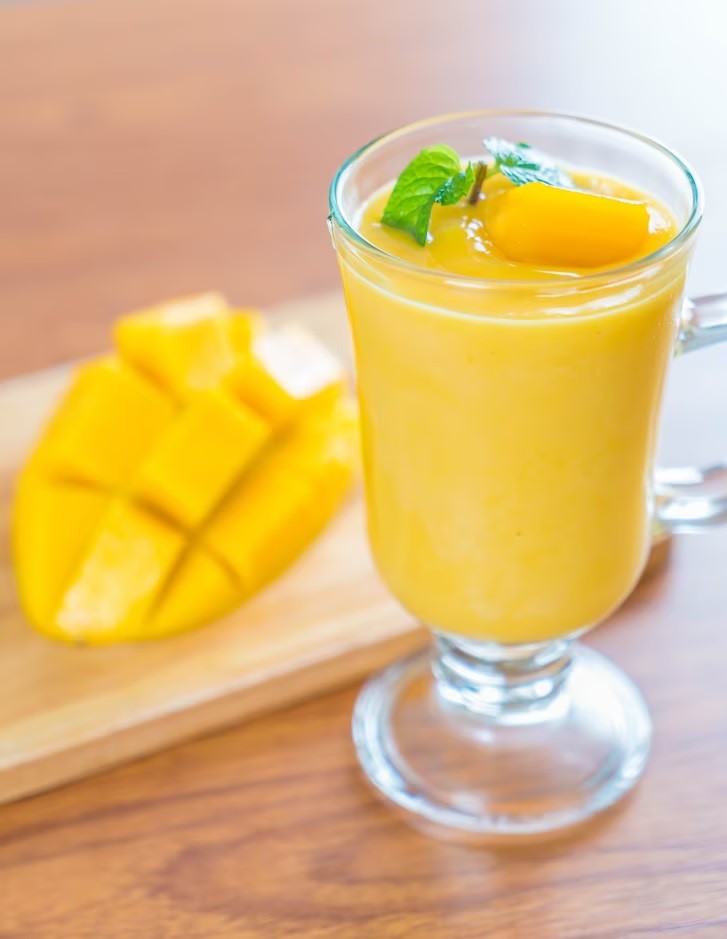“I wanted this book to be an acknowledgement and celebration of Romanian home cooking, our culinary heritage and who we are as people”, says Irina Georgescu, author of Carpathia: Food from the Heart of Romania
Listen to the post Getting your Trinity Audio player ready... |
 In conversation with Irina Georgescu, author of Carpathia: Food from the Heart of Romania
In conversation with Irina Georgescu, author of Carpathia: Food from the Heart of Romania
- What motivated you to write Carpathia : Food from the Heart of Romania ?
There is a lot to say about Romania’s cuisine, but there are very few voices that have told the stories. I wanted to write a book about Romanian cookery that can help to dispel some of the misconceptions about Romania and its people. I can’t think of a more delicious way to get to know us than by enjoying our food.
Food is intertwined with personal journeys and life stories. It can create a bridge that connects us across borders, language and cultural differences. When I cook the recipes in this book – making borş, chargrilling peppers, crushing garlic for mujdei, making pickles – the fragrances remind me of how Romanian cookery is part of the collective European heritage and landscape. This is why some of the dishes look familiar, or their names speak of a German, Hungarian or Turkish origin. A friend said to me of some recipes, ‘you can’t put them in, they are not Romanian!’, but what is traditional Romanian cookery if not the amalgamation of influences that we’ve made our own?
I wanted this book to be an acknowledgement and celebration of Romanian home cooking, our culinary heritage and who we are as people. I have kept as close as possible to the traditional ingredients and flavours, how my mum used to cook, but also bringing the recipes together in my own way. To me, and to many like me living away from our homelands, food is a way of remembering our roots and bringing back memories. To us food brings comfort and the sweet feeling of belonging, wherever and whoever we are.
- What according to you differentiates Romanian food from the rest?
To anyone who flicks through my book, it will become apparent that Romanians view polenta as far more than just a simple, creamy side dish. Our culinary repertoire sees its use in many savoury and sweet dishes, from breakfast to desserts. Another intriguing element in our cuisine is the combination of fruit and meat in main course dishes, or smoked fruit with rice that can make people think of Middle Eastern influences. We have a lot of Turkish influences in our cuisine, but we use pork instead of beef or lamb in meaty dishes. There is also this ingredient called ‘bors’ that is so popular throughout Romania – of Slavic influence but taken to a totally different level with so many ways to prepare and use it: we even use it in making bread, as a natural fermentation agent. Having said this, it’s worth bearing in mind that in Eastern Europe, countries and their history and cultures are so intertwined that I think it’s best to celebrate them in their diversity and not in isolation.
- Pick (and detail) 3 recipes from your book, Carpathia : Food from the Heart of Romania, that is close to your heart.
This is very hard to do, because the book contains all of my favourite recipes. I really hope that people who buy the book can enjoy the comforting feeling of what it is to cook and eat Romanian dishes. It is that sort of food that brings people together and connects them even if they are not in the same room. I also hope that the readers of Carpathia will enjoy baking the breads and the pies, making the desserts and experiencing countryside style baking alongside sophisticated layered cakes such as the iconic Dobos Torte. One thing that is very important in how we bake in Romania is the use of fermented dairy to make light cakes or tender doughs. Naturally fermented ingredients are very trendy at the moment.
- What is the second most important thing that you indulge in after food?
I read a lot, mainly non-fiction and I love food history, and also everything that has a connection to food from the evolutionary point of view. Books like ‘The way we eat now’ by Bee Wilson, Sapiens: A Brief History of Humankind by Yuval Noah Harari , Catching Fire: How Cooking Made Us Human by Richard Wrangham are fascinating.
- Tell us more about yourself. Did you always want to be a cookbook writer?
I think I’ve always loved food. I always loved to help mum in the kitchen, be around her and learn from her. So, when I moved to the UK, leaving behind a career in marketing, I had the opportunity to nurture my passion for writing about food, about my country’s cuisine and my family recipes. Romania is a beautiful country, full of resources and traditions, and I realised that I had a lot to say about it. There was a strong story here that needed to be told.
- Any suggestions for an aspiring cookbook writer?
Everything is subjective and depends on the person who reads the book proposal. So keep trying, keep sending it to literary agents, but also take people’s feedback into consideration and adjust but don’t give up.
- Give our readers a sneak peek into any upcoming projects that you are excited about.
My plans at the moment focus on promoting Carpathia and Romanian cuisine. I have been very fortunate to see the book being so well received by the media and public. This gave me a solid background to start putting together a new book, but with everything that is going on at the moment in the world, it’s going to take me longer than predicted.
- Who is your favorite food writer?
There are too many. I love cookery books and now that I know how much effort goes into writing them, I respect writers even more. To me, cookery books are so much more than a collection of recipes and I love discovering their background and essence.
Details about the book:
’Carpathia, food from the heart of Romania’ is available in the UK, North America, Canada and Australia. See buying options here: https://www.irinageorgescu.com/category/recipes/. It has been translated into German and available on amazon.de.




